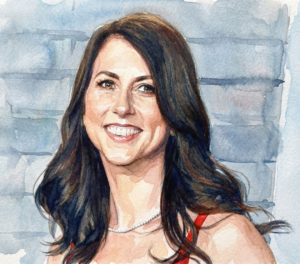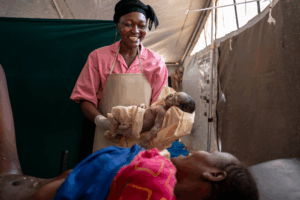The Samifo Centre, led by director Giancarlo Santone, stands as Europe’s only publicly funded clinic specifically treating trauma and PTSD in refugees, offering comprehensive healthcare and psychological support to those fleeing violence worldwide.

In the shadow of Rome’s Termini station there is a healthcare facility that defies Italy’s increasingly hardline stance on migration. The Samifo Centre, established in 2006, addresses a critical gap in refugee healthcare by focusing specifically on treating trauma and post-traumatic stress disorder among asylum seekers.
Last year, the center treated over 2,000 individuals from various conflict zones—refugees escaping the Taliban, survivors of Mediterranean shipwrecks, and Ukrainians fleeing the Russian invasion. What makes Samifo unique is its comprehensive approach, offering general healthcare alongside specialized services including a female-run gynecology clinic for pregnant women and survivors of sexual violence, trauma-focused psychological care, and forensic documentation of torture for asylum claims.

The center operates through collaboration between local public health authorities and the Astalli Centre, the Italian branch of the Jesuit Refugee Service. Its team includes 27 interpreters who also serve as cultural mediators, helping refugees navigate complex social and legal systems while accessing training opportunities.
For many refugees like Duclair, a 39-year-old former law student from Cameroon, the center provides crucial support for processing traumatic experiences that often surface only after reaching safety. “When you’re on the move, you don’t have time for reflection, you’re thinking only about survival,” Duclair said in an interview with The Guardian. “But when things calm down, these emotions start to consume you.”
Despite Europe’s increasingly restrictive migration policies forcing asylum seekers to take more dangerous routes, Samifo has maintained its focus on healing trauma for nearly two decades. As social worker Martino Volpatti noted in an interview with The Guardian, “By the time they arrive here, they’ve usually got quite a few issues,” highlighting the compounded health challenges facing those who’ve spent months or years with minimal healthcare access during their journeys.
“We are witnesses to the horror of the world,” the centre’s director Giancarlo Santone said in the same interview, encapsulating the facility’s essential role in addressing the often-overlooked mental health consequences of forced migration.
Read the full article by Ashifa Kassam in The Guardian from January 27, 2025: ‘We’re witnesses to the horror of the world’: the one-of-a-kind Italian clinic treating refugees for trauma
Watch this video from 2018 about the Jesuit Refugee Service’s work in Italy:
Related Articles

MacKenzie Scott’s Remarkable Philanthropy: Spotlighting Healthcare Organizations Making a Difference
MacKenzie Scott’s philanthropy supports organizations doing extraordinary healthcare work worldwide. Meet ten remarkable organizations transforming lives, from mental health advocacy for youth to primary care in remote African villages, from redistributing unused medicine to serving displaced refugees.

From War to Healing: Stories of Care and Survival in Chad
International Medical Corps is delivering lifesaving aid in Chad, where refugees fleeing violence in Sudan are seeking safety and care.

A New Home for Healing
In a shift towards sustainable healthcare in Unity State, South Sudan, Médecins Sans Frontières moves medical services to a state-owned hospital after 10 years of care.
